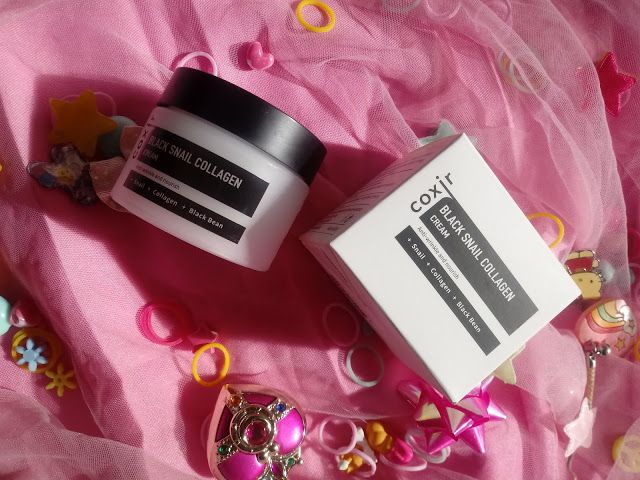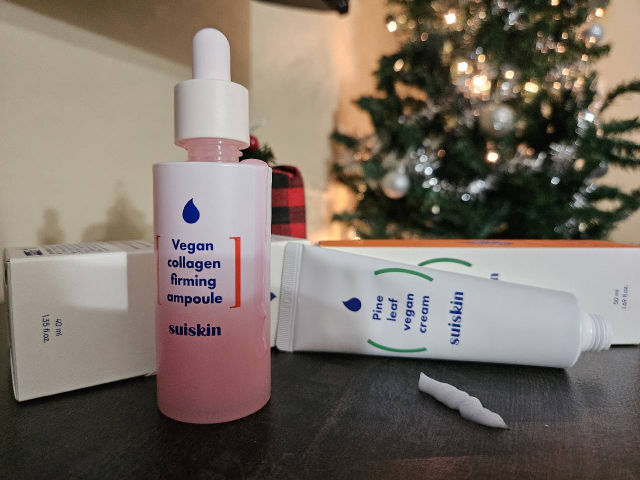In today’s fast-paced world, where stress and anxiety have become ubiquitous, the quest for natural remedies to alleviate these burdensome symptoms is more crucial than ever. Collagen, typically renowned for its contributions to skincare and joint health, is now emerging as a potential aid in reducing anxiety and stress levels. In this article, we delve into the connection between collagen and anxiety, exploring how this protein may offer relief and how you can seamlessly incorporate it into your daily routine to promote overall well-being.
Understanding Anxiety
Before diving into the role of collagen in managing anxiety, it’s essential to grasp the nature of anxiety and its effects on the body. Anxiety is the body’s natural response to stress, evoking feelings of fear, apprehension, and worry. While occasional anxiety is normal, persistent or excessive feelings of anxiety can significantly impact mental and physical health.
Chronic anxiety can manifest in various ways, including:
- Physical Symptoms: Increased heart rate, muscle tension, headaches, and fatigue.
- Emotional Symptoms: Irritability, restlessness, difficulty concentrating, and sleep disturbances.
- Behavioral Symptoms: Avoidance behaviors, nervous habits, and difficulty with decision-making.
Untreated, anxiety can severely impair daily functioning and diminish overall quality of life. Thus, finding effective ways to manage anxiety is paramount for maintaining optimal well-being.
The Role of Collagen
Collagen stands as the most abundant protein in the human body, serving as a vital building block for bones, muscles, skin, tendons, and ligaments. It provides structure and strength to various tissues, ensuring they remain robust and resilient. While primarily recognized for its role in physical health, recent research indicates that collagen may also influence mental health, particularly in reducing anxiety and stress levels.
Collagen and Stress Reduction
Glycine, an amino acid abundantly present in collagen, plays a pivotal role in calming the brain, promoting relaxation, and reducing stress and anxiety levels. By modulating neurotransmitters and their receptors involved in the stress response, glycine helps regulate the body’s reaction to stressors, fostering a sense of calm and well-being.
Moreover, collagen contains proline, another amino acid that supports cognitive function and mood regulation. Proline aids in maintaining healthy neurotransmitter levels in the brain, crucial for mood stability and emotional well-being. By furnishing the requisite building blocks for neurotransmitter synthesis, collagen supports optimal brain function and may alleviate symptoms of anxiety.
Collagen and Sleep Quality
Quality sleep is indispensable for effectively managing anxiety and stress. Insufficient sleep can exacerbate anxiety and make it challenging to cope with daily stressors. Collagen may indirectly bolster better sleep by promoting relaxation and diminishing anxiety levels. By pacifying the nervous system and inducing a state of relaxation, collagen may enhance sleep quality, facilitating improved stress management and overall well-being.
Collagen and Gut Health
The gut-brain connection plays a significant role in mental health, with imbalances in gut bacteria linked to anxiety and mood disorders. Collagen contains amino acids like glutamine, which bolster gut health and integrity. By fortifying the gut lining and fostering a healthy balance of gut bacteria, collagen may ameliorate digestion and nutrient absorption, thereby supporting overall mental and physical health.

How to Incorporate Collagen into Your Routine
Now that we comprehend the potential benefits of collagen for anxiety relief, let’s explore seamless ways to integrate it into your daily routine:
- Collagen-Rich Foods: You can augment your collagen intake by consuming collagen-rich foods such as bone broth, chicken skin, fish, and egg whites.
- Collagen-Boosting Nutrients: Foster collagen production in the body by consuming foods rich in vitamin C, zinc, and copper, indispensable cofactors for collagen synthesis. Embrace an array of fruits, vegetables, nuts, seeds, and lean proteins in your diet to bolster overall collagen production.
- Stress Management Techniques: While collagen can aid in assuaging anxiety symptoms, it’s essential to incorporate stress management techniques into your daily regimen for comprehensive anxiety relief. Engage in mindfulness, deep breathing exercises, yoga, or meditation to cultivate relaxation and diminish stress levels.
Conclusion
Collagen presents a promising natural approach to managing anxiety and fostering overall well-being. With its potential to mitigate stress, enhance sleep quality, and fortify gut health, collagen emerges as a valuable ally in your anxiety management arsenal. By integrating collagen-rich foods, collagen-boosting nutrients, and stress management techniques into your daily routine, you can take proactive strides toward alleviating anxiety symptoms and cultivating a greater sense of calm and equilibrium in your life.
Remember, discovering the optimal approach to managing anxiety may entail some experimentation. Consult with a healthcare professional before embarking on any new dietary regimen, especially if you have underlying health conditions or are taking medication. If you want to find great tips and ideas about collagen, check out the best marine collagen UK for further info.








